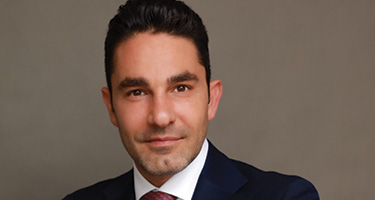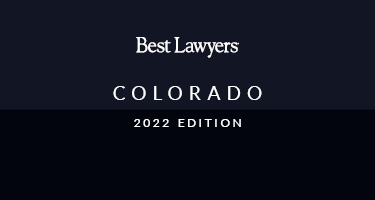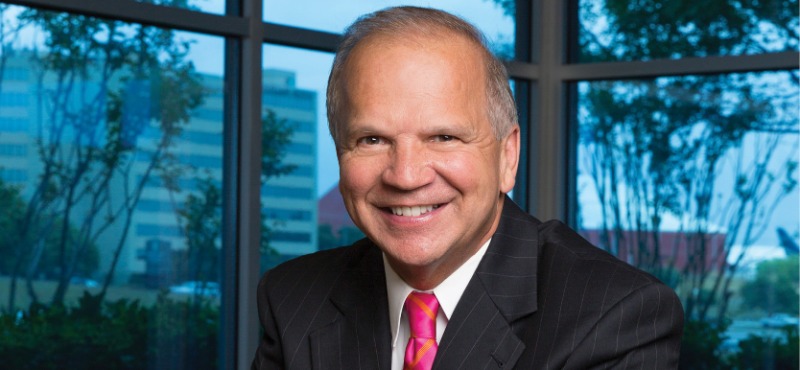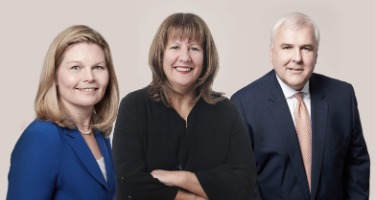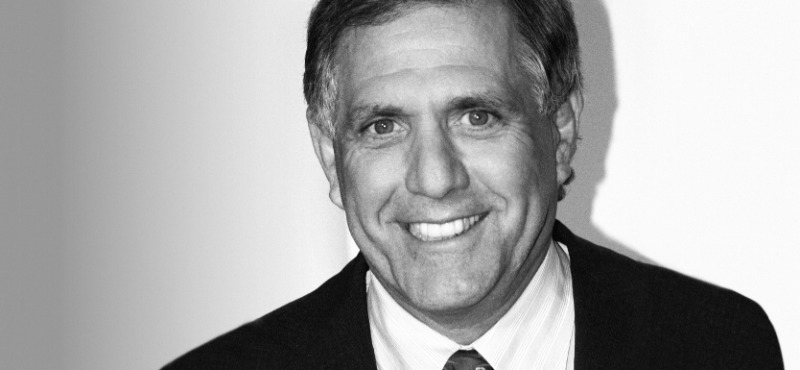The emergence of the #MeToo movement has finally given sexual assault and abuse cases the public attention they so richly deserve. Victims, for their part, are bringing more cases into the civil courts against both the perpetrator of the abuse and the person or entity responsible for supervising or controlling the perpetrator. All this newfound media coverage has spurred a variety of opinions and biases among the public; civil sexual abuse lawyers need to be cognizant of these and address them in court.
Civil Versus Criminal Cases
“So she’s just suing for money?”
“Shouldn’t this be something the criminal courts deal with?”
“Why are we here if the perpetrator is already in prison?”
These questions are inevitable during voir dire in every civil sexual abuse trial. #MeToo and the attendant media attention have made jurors acutely aware that sexual abuse lawsuits can lead to large financial rewards.
This awareness is both positive and negative. Jurors understand the significant impact sexual abuse can have on a victim—a potential lifetime’s worth of damage—but they also see a suit as a potential moneymaker and are often skeptical of a plaintiff’s motivations.
Your voir dire must therefore home in on these issues to address potential biases and skepticism. A juror questionnaire is your best tool for this, and both plaintiff and defense counsel should be interested in learning how prospective jurors feel about civil sexual abuse lawsuits and which publicized sexual abuse cases, if any, they’ve followed.
In some instances, of course, the perpetrator of the abuse will also face criminal charges, and the presence (or absence) of an underlying criminal case can have a significant impact on the civil trial. The prejudicial effect of jurors learning that the abuse was either not reported to law enforcement—or that it was, but authorities chose not to pursue criminal charges—greatly outweighs the relevance this information could have. The motivations of a victim not to report, or of law enforcement not to pursue a criminal case, do not turn on the truthfulness of the victim or the legitimacy of the abuse.
Judges will often grant motions in limine to exclude information about criminal charges unless a criminal plea or conviction has already occurred, making the conviction admissible per collateral estoppel principles. Collateral estoppel is available to preclude litigation in a civil or criminal proceeding of issues determined in a prior criminal action: “Any issue necessarily decided in a prior criminal trial resulting in a conviction is conclusively determined as to the parties if it is involved in a subsequent civil action.” McGowan v. City of San Diego, (1989) 208 Cal.App.3d 890, 894-95 (collateral estoppel may result from prior criminal proceeding if offense was serious so that defendant was motivated to litigate fully, there was full and fair trial, issue was necessarily decided, and party to be estopped was party or privy to party at criminal trial).
Consent
Most sexual abuse cases do not involve physical force, violence, or expressed threats. More often, the victim is “groomed” by the perpetrator to gain the victim’s trust with intent to manipulate, coerce, even brainwash the victim into a sexual “relationship.” The perpetrator is often someone with a close connection to the victim: a teacher, say, or a coach, mentor, or religious leader.
Jurors may think lack of force is significant and could therefore mischaracterize the abuse as “welcomed” by the victim, or as part of a “voluntary” relationship. But there’s nothing voluntary about it. Perpetrators manipulate and exploit their victims into believing the relationship is somehow acceptable or that the victim has no choice but to go along with it. This is especially pronounced in cases involving adults preying on minors.
Consent evidence is never overt and usually takes the form of questions that hint at the victim’s participation in the abuse. (For example: Asking a victim why he or she didn’t say no, or didn’t fight back, is considered consent evidence.) Some states now bar consent evidence and arguments entirely in civil sexual abuse trials involving children.
California, for instance, has recently eliminated consent arguments in sexual abuse cases involving minors passing two laws: Civil Code Section 1708.5.5 and Evidence Code Section 1106(c). The former states that “[c]onsent shall not be a defense in any civil action [for sexual battery] if the person who commits the sexual battery is an adult who is in a position of authority over the minor.” Section 1708.5.5(b) further states, “an adult is in a ‘position of authority’ if he or she, by reason of that position, is able to exercise undue influence over a minor. A ‘position of authority’ includes, but is not limited to, a natural parent, stepparent, foster parent, relative, partner of any such parent or relative, caretaker, youth leader, recreational director, athletic manager, coach, teacher, counselor, therapist, religious leader, doctor, employee of one of those aforementioned persons, or coworker.”
This position was further solidified by California lawmakers with the addition of subsection (c) to the California Evidence Code Section 1106, which states that “evidence of the plaintiff minor’s sexual conduct with the defendant adult shall not be admissible to prove consent by the plaintiff or the absence of injury to the plaintiff.”
Sexual History Evidence
While most discovery procedures are available as a matter of right, in sexual abuse or assault cases a court order is often required before attempting to conduct discovery into the plaintiff’s sexual conduct with individuals other than the alleged perpetrator of the abuse.
California’s Code of Civil Procedure Section 2017.220 requires the party seeking sexual history information to first obtain a court order by demonstrating the extraordinary circumstances justifying such discovery, including: (1) specific facts showing good cause for discovery and (2) that the information sought is relevant to the subject matter of the action. A heightened standard of “relevancy” is also required—see Mendez v. Superior Court (1988) 206 Cal.App.3d 557, 578 (refusing to allow discovery into a plaintiff’s sex life where defendant’s claim of “relevancy” appeared speculative).
Bare causation arguments alone are insufficient to overcome the requirements of Section 2017.220. See Barrenda L. v. Superior Court (1998) 65 Cal.App.4th 794: “The mere fact that a plaintiff has initiated an action seeking damages for extreme mental and emotional distress arising out of conduct of a sexual nature does not ipso facto provide ‘good cause’ for discovery of other sexual conduct.”
The California case Knoettgen v. Superior Court explained that the legislative intent of “encouraging victims to come forward” was behind the enactment of Section 2017.220: “The discovery of sexual aspects of complainants’ lives . . . has the clear potential to discourage complaints and to annoy and harass litigants. That annoyance and discomfort, as a result of defendants’ . . . inquiries, is unnecessary and deplorable.” [Knoettgen v. Superior Court (1990) 224 Cal. App. 3d 11, 13.]
The use of evidence of a plaintiff’s sexual behavior is more often harassing and intimidating than genuinely probative, and the potential for prejudice outweighs whatever probative value it may have. Absent extraordinary circumstances (and a court order), inquiry into those areas should be barred, both in discovery and at trial. Id.
Special evidentiary rules have also been enacted in California to protect against the improper use of sexual history evidence. First, California Evidence Code Section 1106 prohibits the use of opinion evidence, reputation evidence, and evidence of specific instances of plaintiff’s sexual conduct in order to prove consent by the plaintiff or the absence of injury to the plaintiff.
Second, California Evidence Code Section 783 prohibits attacking the credibility of the plaintiff with evidence of the victim’s sexual conduct unless and until certain stringent measures are fulfilled. See Venus B. v. Venus A. (1990) 222 Cal.App.3d 931, 937 (affirming the trial court’s decision to foreclose the defendant from inquiry into a child’s sexual history for purposes of attacking the child’s credibility—“[Defendant] failed to demonstrate the type of ‘extraordinary circumstances’ in which inquiry into the minor’s sexual behavior might be permitted”).
Unfortunately, the crime of sexual abuse will likely never be eradicated completely. However, hopefully, the continuation of the #MeToo movement will provide victims with the support and courage to face their abusers in court and provide legal protection with the enactment of new laws.
----------
Natalie Weatherford is a trial attorney at Taylor & Ring and focuses her practice on representing both children and adults in sexual harassment, assault, abuse, and misconduct cases, as well as catastrophic injury and civil rights litigation. She can be reached at Weatherford@taylorring.com or (310) 209-4100.






